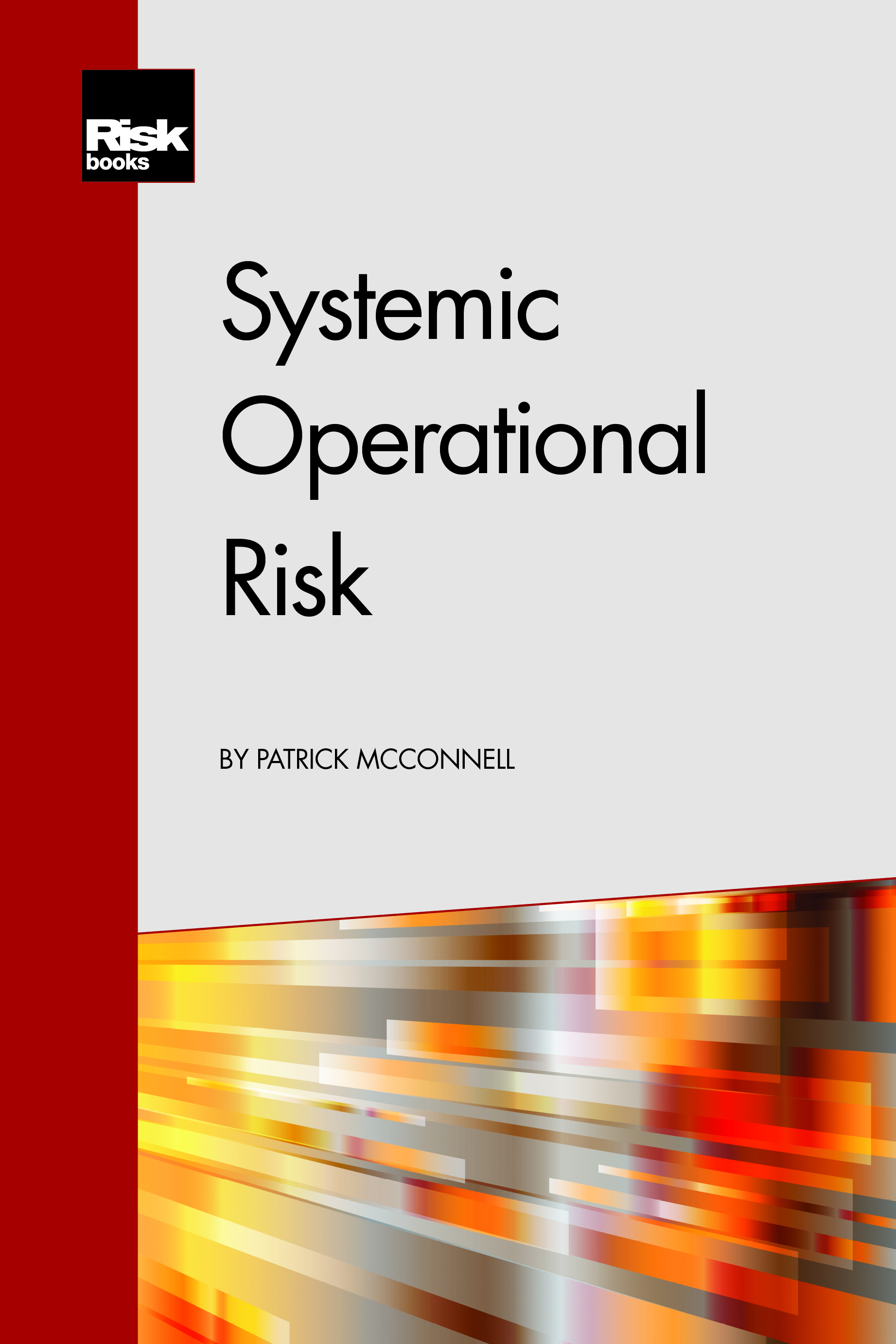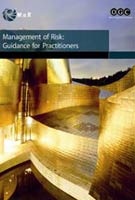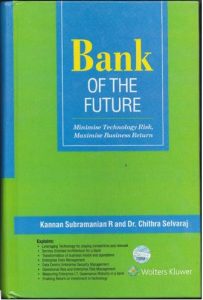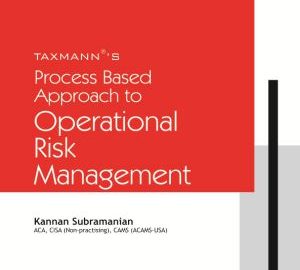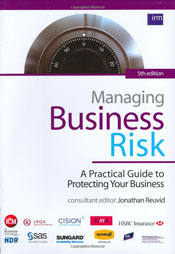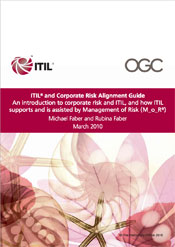The United Nation’s Vienna & Palermo resolutions, the UN’s convention against corruption, the UN’s Protocol against the illicit Manufacturing and Trafficking in Firearms and the recommendations of the Financial Action Task Force, form the foundation for the book. It explains the methods, mechanisms, techniques and instruments of money laundering by analyzing elaborately over a hundred and fifty case studies from across the globe.
The economic consequences of money laundering, the size of the shadow economy, the link between organized crime and the financing of terrorism.
A risk-based approach in managing operations is explained for the different sectors of the eco-system and for a national AML-CFT program. Globally accepted methodologies, best practices to prevent and detect money laundering are explained.
The World Bank, IMF and Basel approaches to conduct a National Money Laundering & Financing of Terrorism risk assessment are used to explain the approach to measure the effectiveness of a national’s AML-CFT program.
The national AML-CFT program is an essential component of a governance model. The benefits of implementing a National Integrity System that some countries have already adopted are explained.
Expert Comments
Mr. T.S. Krishnamurthy
Former Chief Election Commissioner, Chief Commissioner of Income Tax-Mumbai
Government of India.
This book not only examines thoroughly the problem of money laundering and financing of terrorism in a comprehensive manner with interesting case studies but also provides governance measures to mitigate the evil. The author has rightly stressed the need for proper evidence gathering, domestic co-ordination of various agencies and international co-operation to deal with this global priority. His suggestions such as implementation of National Integrity System, strong political will including electoral integrity and more effective governance are indeed worth the attention of any democratic government in order to protect, preserve and promote democracy for posterity.
Dr. S.Ramamurthy
FCIS (UK), FCCA (UK) and PhD in Economics (USA)
Fiscal Management expert, formerly with the IMF
The book provides an insight into the different typologies of money laundering and financing of terrorism. It also throws light on relevant methodologies and tools to mitigate the adverse impact of money laundering. It explains a risk-based approach to mitigate the risks at the entity and national levels. It is very valuable book to those practitioners combating money laundering and countering the financing of terrorism world-wide.
Available at all e_bookstores.
The e-book is available for only USD10 and, for a limited time only (until 7 August 2016), the printed version is available to IOR members at a special discounted price of GBP59 (+ delivery).

